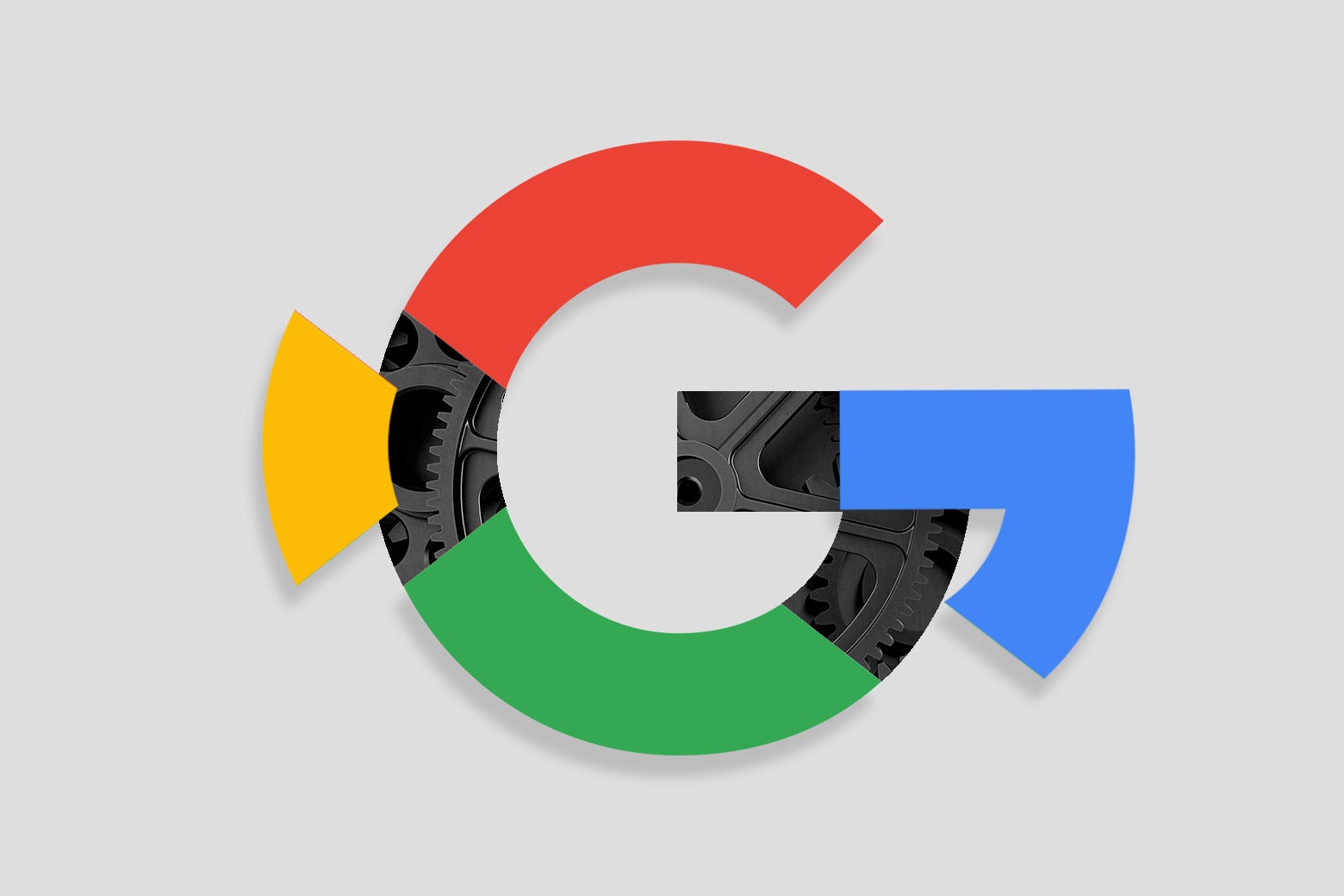
Photo illustration by Slate. Images via cosmin4000/iStock/Getty Images Plus and Google.
Exploring the Google Trial: Revelations on Monopoly Allegations, Lucrative Deals, and Industry Competition
In a trial marked by early complaints of courtroom secrecy, Google faces potential accountability for its business practices. The judge holds the authority to order significant consequences, ranging from restructuring the company to imposing civil penalties. Amidst the uncertainty, the trial emerges as a pivotal platform for unraveling the inner workings of Google.
Central to the government's case is Google's strategic agreements with phone manufacturers like Apple and Samsung, securing its search engine as the default option. Prosecutors argue that this practice has contributed to Google's monopoly in search and afforded it an unfair advantage in the search advertising market.
Key revelations during the trial include the financial intricacies of these deals. In 2021, Google amassed $146 billion in search advertising revenue, allocating a substantial $26 billion to phone manufacturers and carriers for maintaining default status—constituting nearly 18 percent of its total revenue.
Sworn testimony from Microsoft CEO Satya Nadella sheds light on years of attempts to sway Apple towards making Microsoft's Bing the default search engine on Safari. This underscores the perceived dominance of the "Google web." Meanwhile, Google CEO Sundar Pichai defends the Apple deal, citing a period of intense competition despite their involvement in various competitive sectors.
Apple's commanding share, claiming 36 percent of Google's search advertising revenue from the Safari browser, raises eyebrows. Further, Justice Department documents reveal meeting notes from 2018 where Apple CEO Tim Cook expresses a desire for a profound partnership with Google, envisioning a collaboration akin to a single company. Simultaneously, Google adjusts its revenue-sharing agreement with Verizon for Android phones, shifting from 20 percent to 10 percent in 2020, revealing intricate dynamics within the industry.
